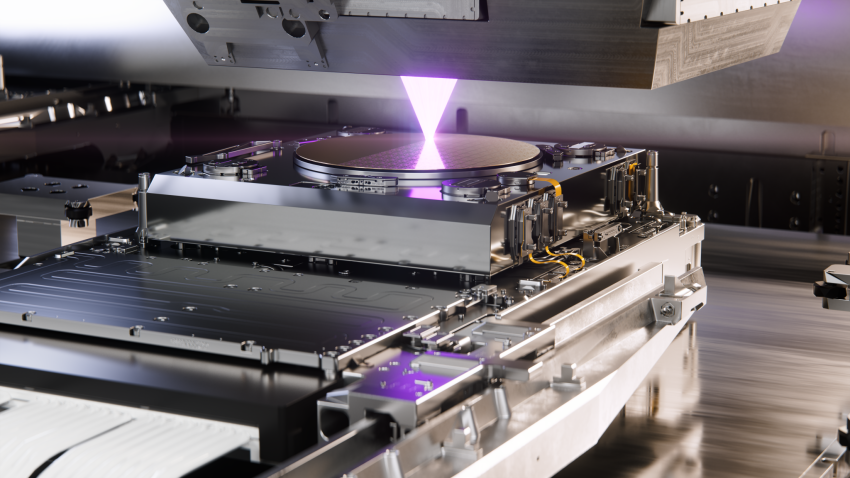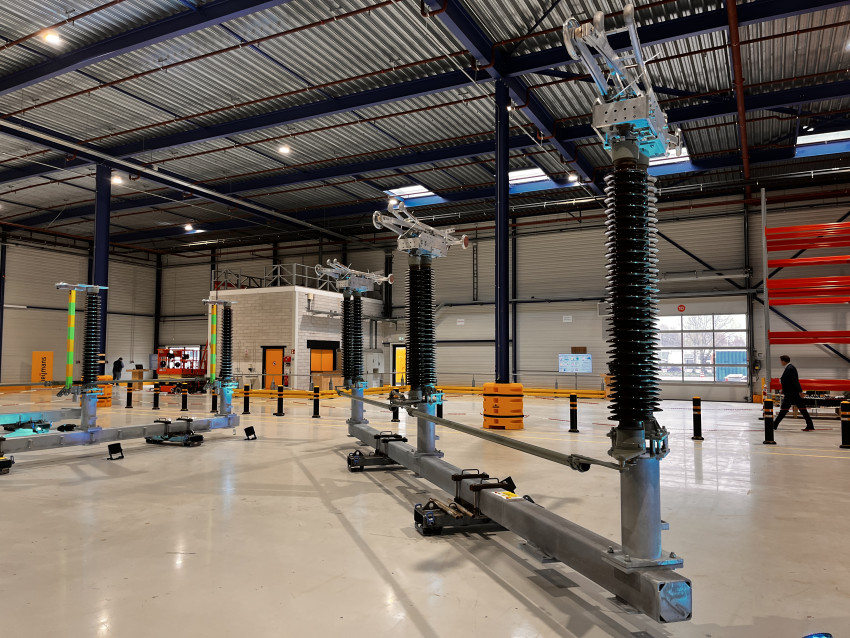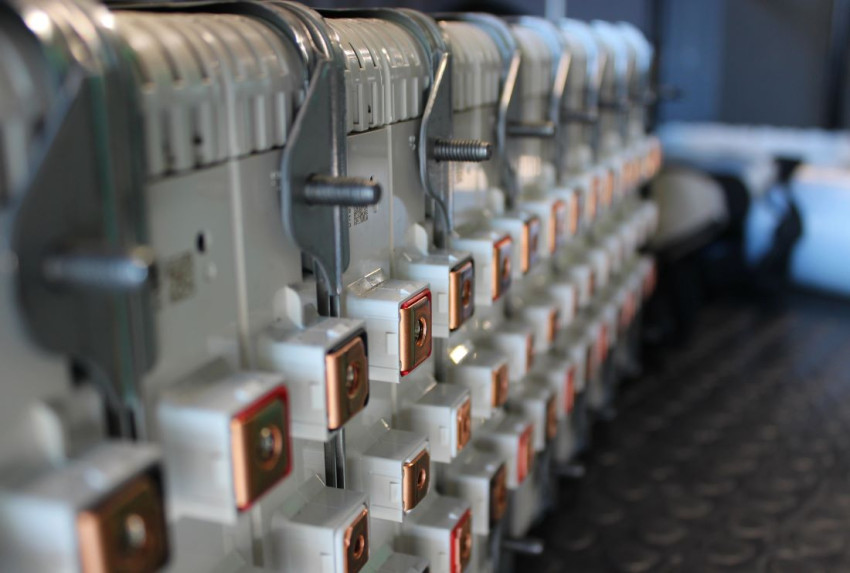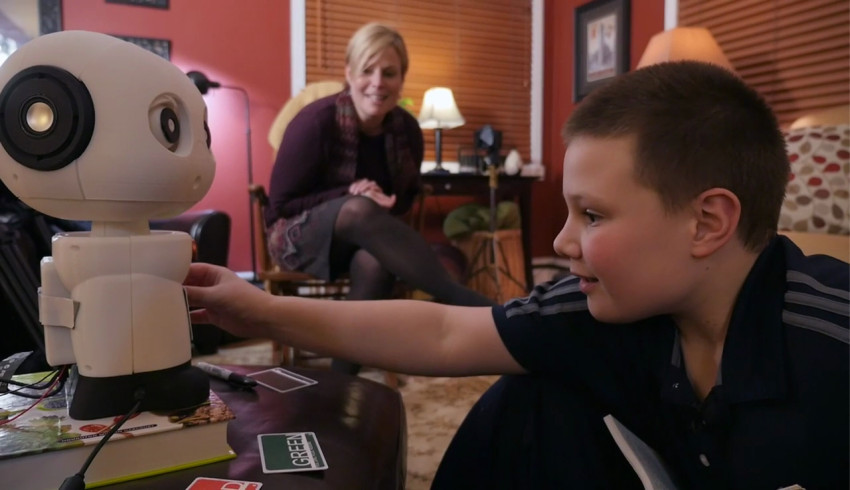
Robot helps kids with reading and learning
A small robot with big eyes is helping children to learn better. The robot reacts to things a child says, which makes reading more fun for children and helps them remember more.
Researchers from the University of Wisconsin-Madison in the US built the robot and programmed it to say a number phrases when 25 books are read aloud. The robot recognises which part of a book a child is reading, and gives an appropriate response.
The robot is pre-programmed with hundreds of spoken phrases, such as 'I wasn’t expecting that' and 'Wow, what an exciting story'. The researchers also tried to make the robot sound as interested and human as possible. The robot has big eyes which it uses to show the corresponding emotions, such as surprise or fear.
FRIENDS WITH THE DEVICE
Initially, the children weren’t particularly interested in the robot, but after two weeks they became firm friends with the device: they spoke about all the funny things the robot said, and looked forward to the next reading session.
The robot can help children learn in a 'social’ setting: previous research has shown that children understand a book or maths better if they go through it with a friend. However, doing homework with a friend isn’t always easy to arrange, and this is where the robot comes in. The researchers now want to study the long-term effects of children’s interaction with the robot for a period of more than 2 weeks. They hope that their invention will ultimately find its way to many households.
PEER PRESSURE
The potential for robots to influence children is also apparent from another study, which repeated old psychological tests called the Asch conformity experiments, but with robots instead of humans. In the original experiments, an adult person was asked to answer a question. Three other persons in the same room participating in the experiment were also asked the same question, and these three deliberately gave the wrong answer. The test subject eventually bowed to the peer pressure, and also gave the wrong answer.

Researchers at Bielefeld University in Germany have now carried out this experiment using children and three robots. The robots gave the wrong answer to a question, and this caused the children to also give the wrong answer, even though they knew it was incorrect. Strangely, adults didn’t care about the opinion of robots when they were the subjects of the experiment.
FALSEHOODS
This shows that children are more sensitive to robots, and that the devices can really influence their thoughts. If learning robots such as the device described above from the University of Wisconsin-Madison do make a breakthrough, the makers will have to be careful that the robot doesn’t unwittingly spread false information: it has been shown that children are susceptible to this, even if the information doesn’t originate from a human being.
Photo: Bill Graf
If you found this article interesting, subscribe for free to our weekly newsletter!
Meer artikelen
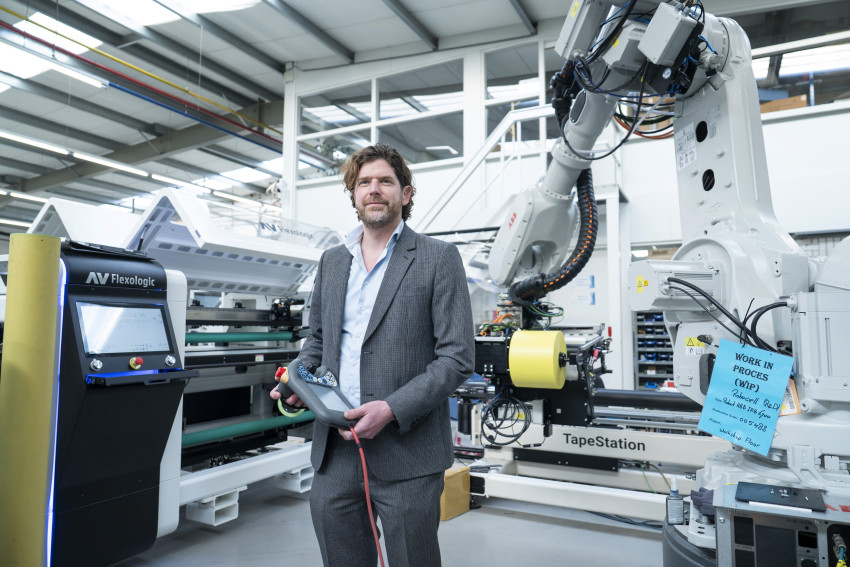
Martijn Otten: Met techniek het verschil maken
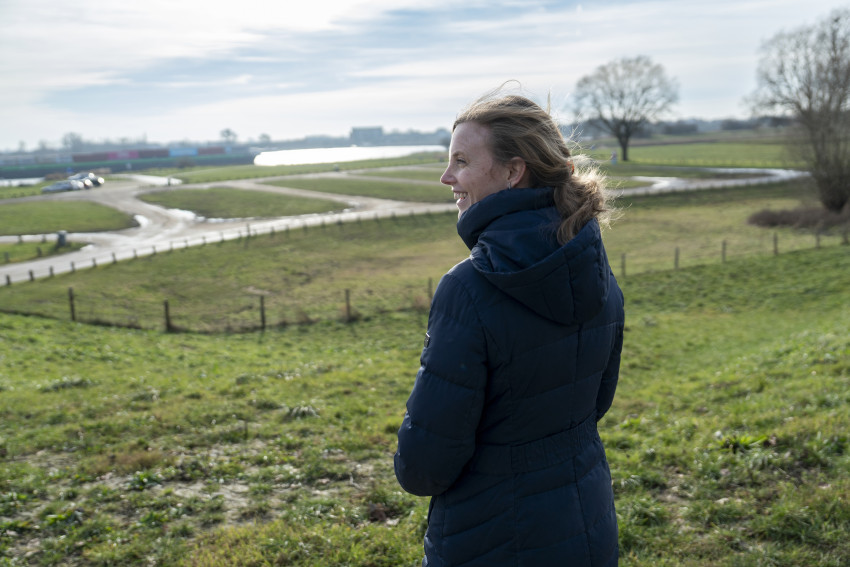
Martine Stam: Water is de rode draad in mijn leven
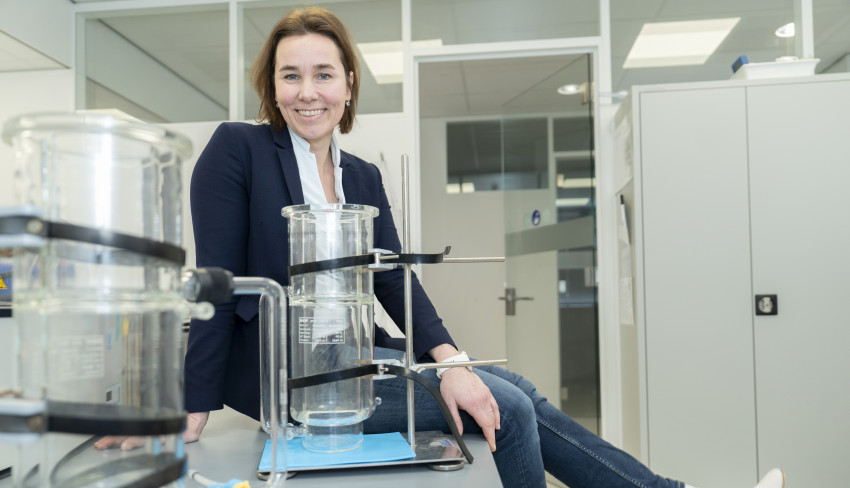
Kirsten Steinbusch: Iedereen kan iets betekenen in de transitie naar circulair
Nieuwste artikelen

Martijn Otten: Met techniek het verschil maken

Martine Stam: Water is de rode draad in mijn leven



